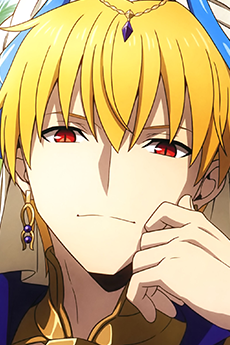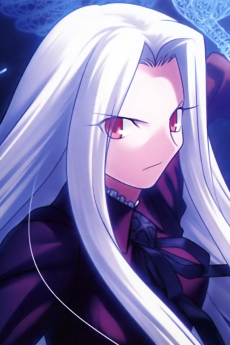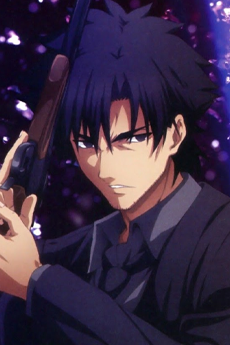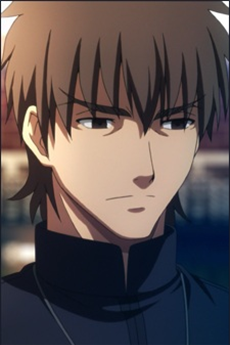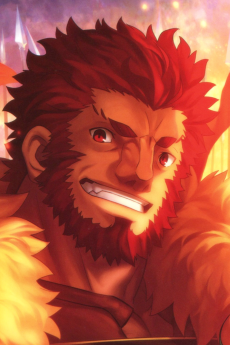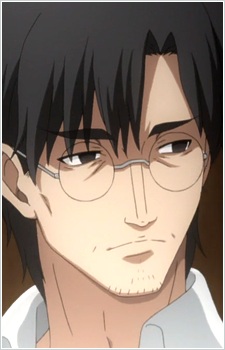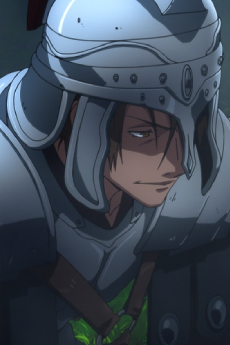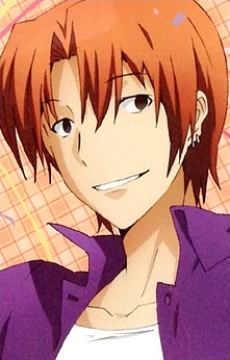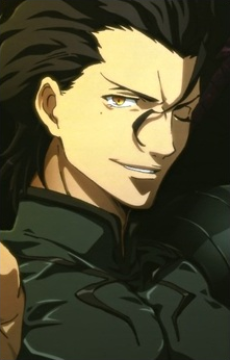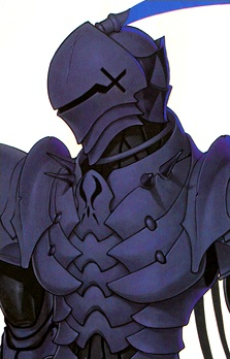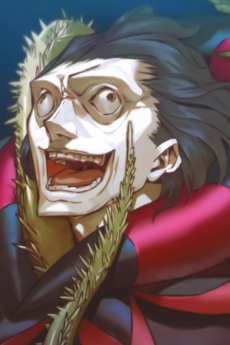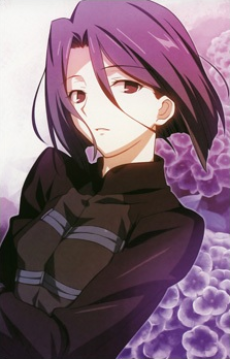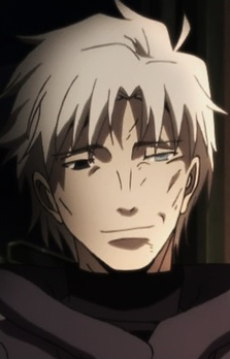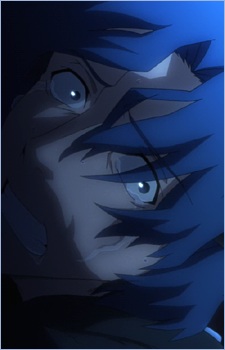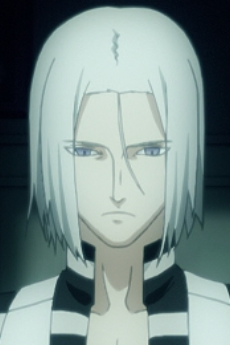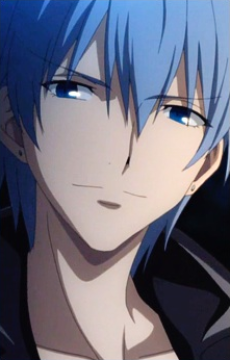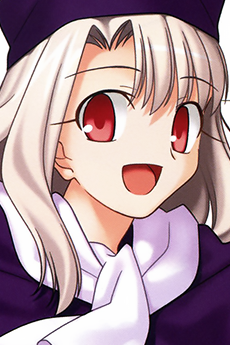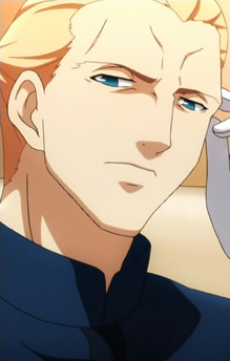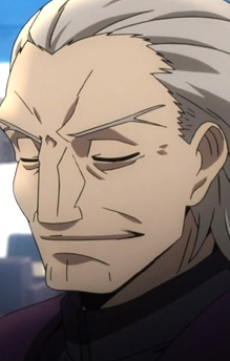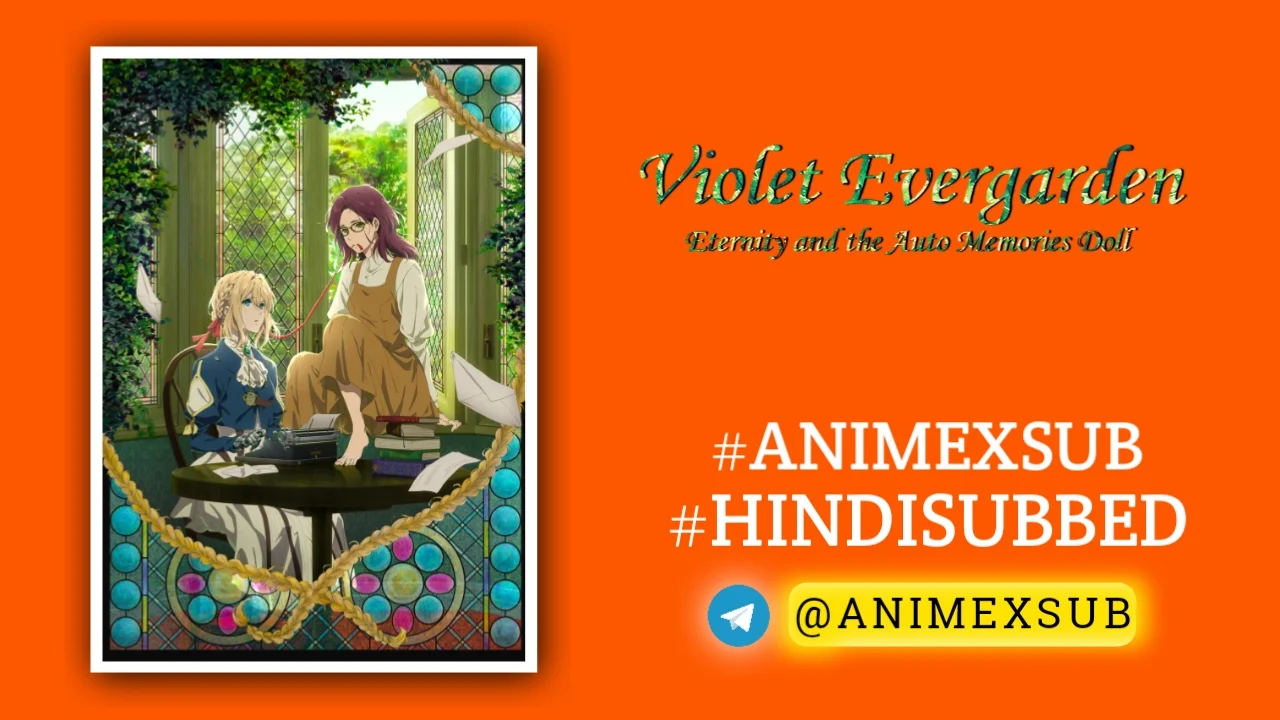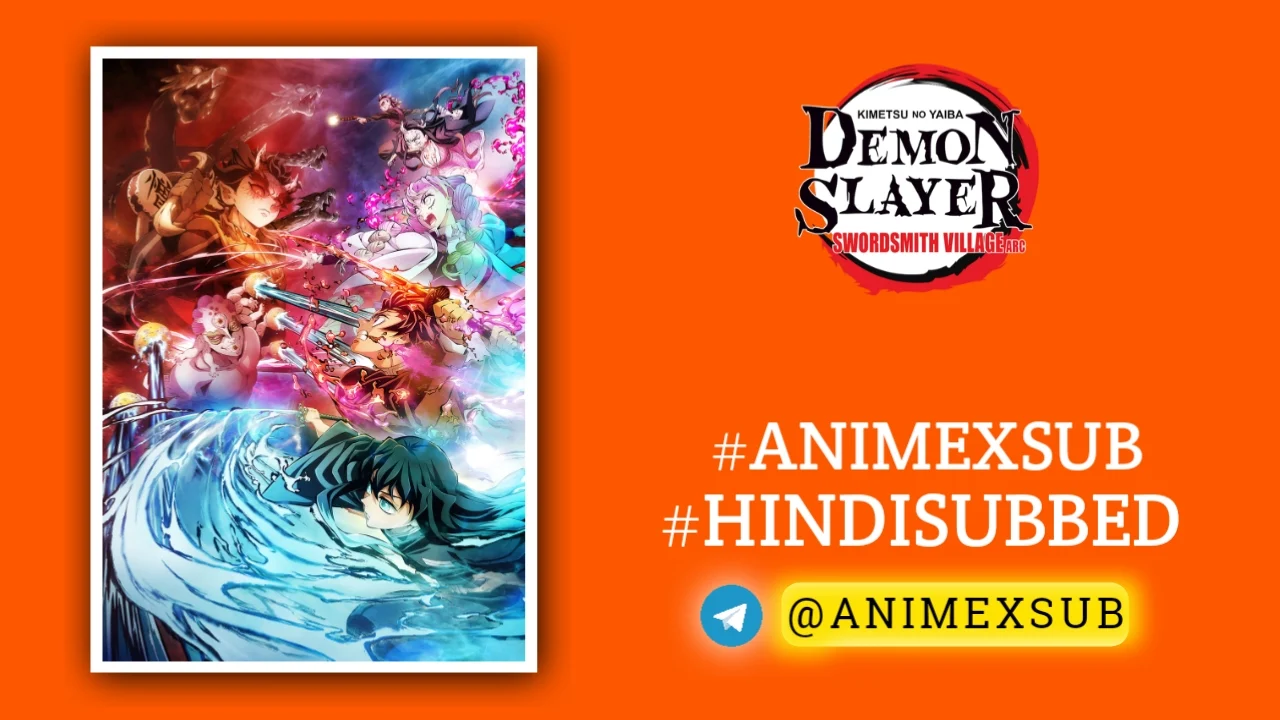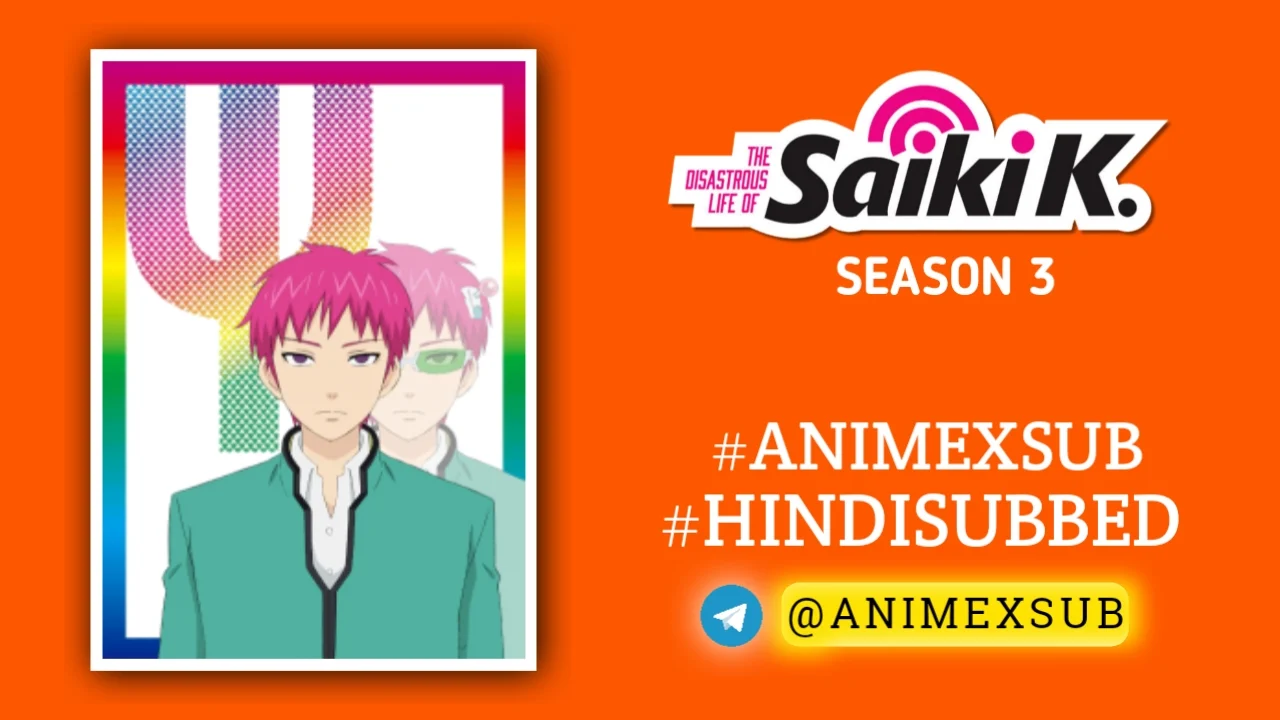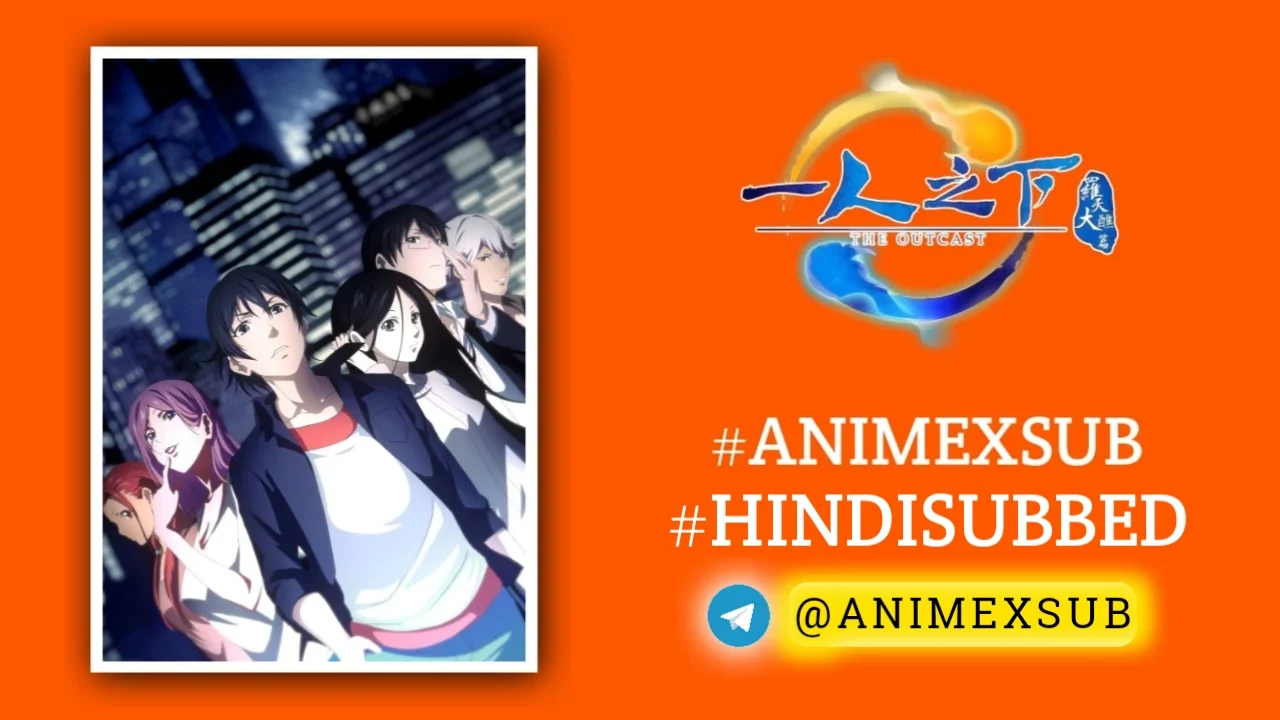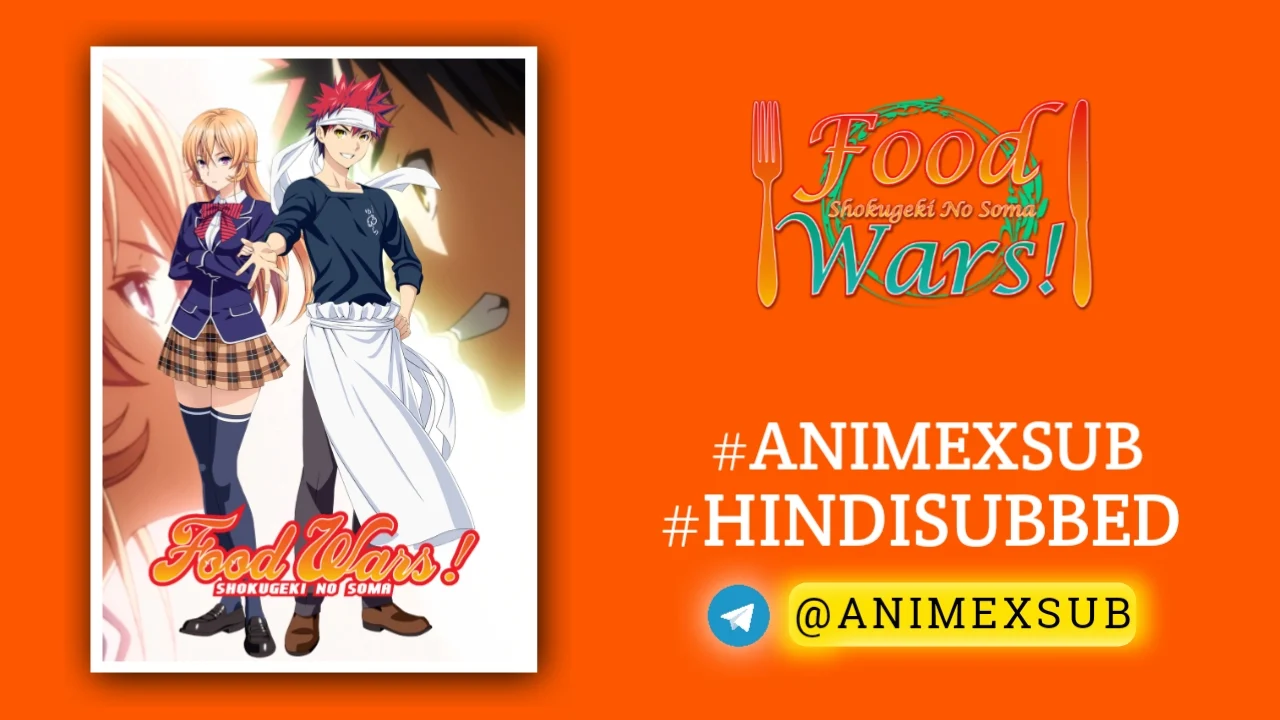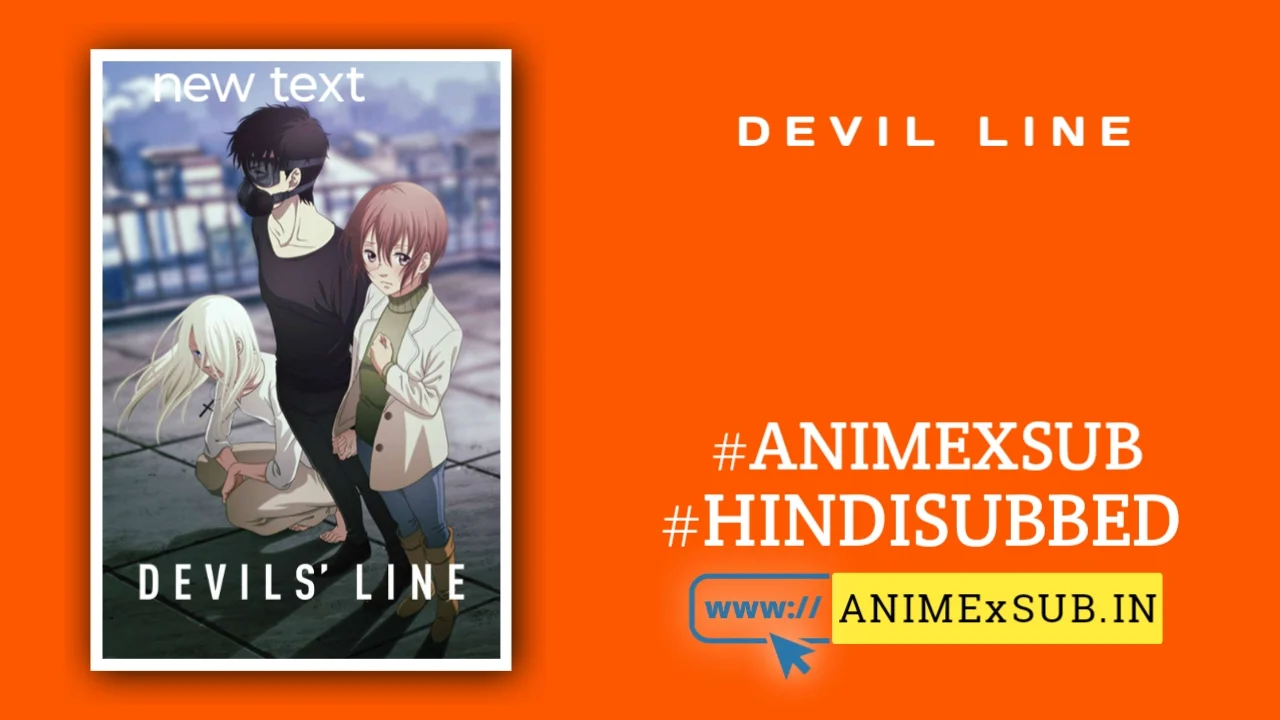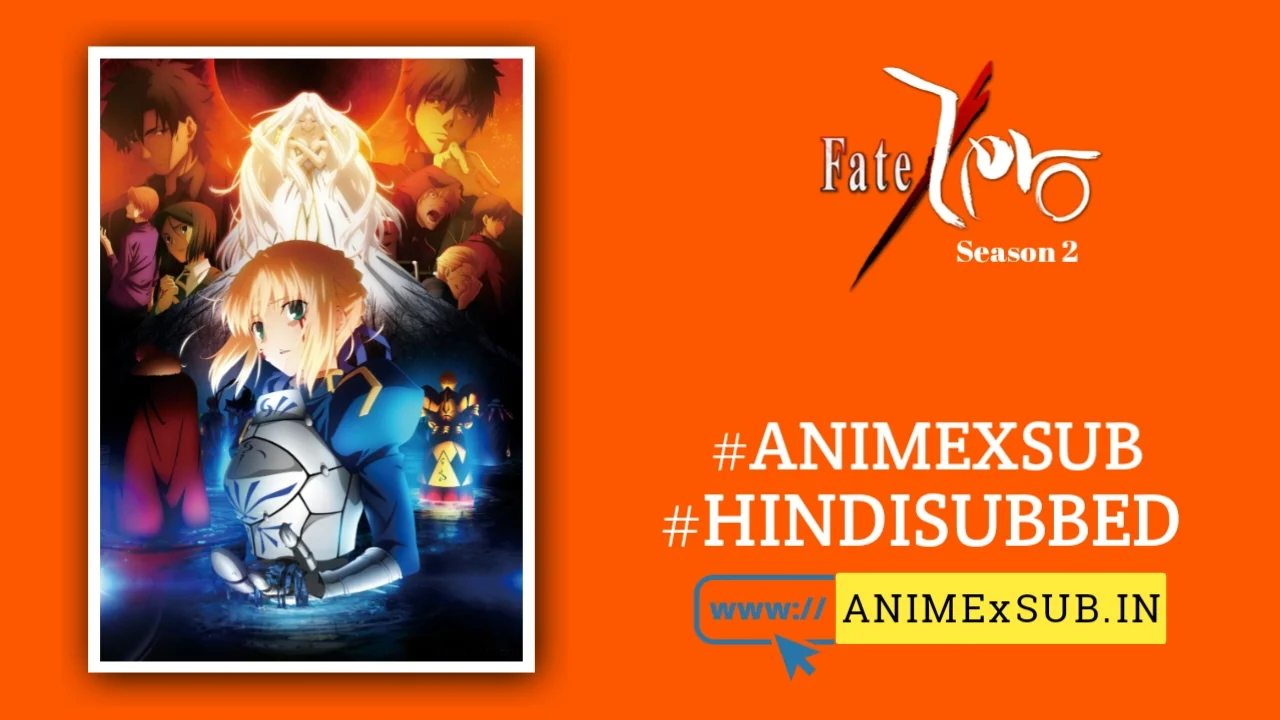
Fate/Zero Season 2 Hindi Subbed [12/12] | Fate/Zero 2nd Season Hindi Sub!!

Fate/Zero 2nd Season
Fate/Zero Season 2Synopsis
As the Fourth Holy Grail War rages on with no clear victor in sight, the remaining Servants and their Masters are called upon by Church supervisor Risei Kotomine, in order to band together and confront an impending threat that could unravel the Grail War and bring about the destruction of Fuyuki City. The uneasy truce soon collapses as Masters demonstrate that they will do anything in their power, no matter how despicable, to win. Seeds of doubt are sown between Kiritsugu Emiya and Saber, his Servant, as their conflicting ideologies on heroism and chivalry clash. Meanwhile, an ominous bond forms between Kirei Kotomine, who still seeks to find his purpose in life, and one of the remaining Servants. As the countdown to the end of the war reaches zero, the cost of winning begins to blur the line between victory and defeat. (Source: MAL Rewrite)
Watch Trailer
Characters
Fate/Zero Season 2: A Masterclass in Dark Fantasy Storytelling
Fate/Zero Season 2, the gripping conclusion to the prequel of the Fate/stay night saga, stands as a monumental achievement in anime storytelling, weaving a tapestry of philosophical depth, emotional intensity, and visual splendor. Produced by Ufotable and released in 2012, this season builds on the foundation laid by its predecessor, escalating the stakes of the Fourth Holy Grail War into a tragic, unforgettable climax. Rather than rehashing familiar tropes, Fate/Zero Season 2 pushes the boundaries of what anime can achieve, delivering a narrative that is as intellectually stimulating as it is emotionally devastating. This article explores the unique elements that make Season 2 a standout, diving into its narrative complexity, character dynamics, thematic richness, and technical brilliance—without resorting to promotional fluff.
Narrative Complexity: A War of Ideals and Sacrifices
Fate/Zero Season 2 picks up where Season 1 left the audience: on the precipice of chaos, with the Holy Grail War spiraling into a brutal clash of ideologies. The story follows seven mages, each summoning a legendary heroic spirit (Servant) to compete for the omnipotent Holy Grail. Unlike many battle-centric anime, Season 2 prioritizes the philosophical and moral conflicts driving its characters over mere spectacle. The narrative structure is non-linear and layered, weaving multiple perspectives into a cohesive yet unpredictable whole.
The season’s pacing is deliberate yet relentless, balancing introspective character moments with explosive confrontations. Each episode peels back layers of the Grail War’s true nature, revealing its corrupting influence and the futility of its promises. The writing, adapted from Gen Urobuchi’s light novel, avoids spoon-feeding answers, instead challenging viewers to grapple with questions about morality, ambition, and the cost of victory. For example, the climactic revelations about the Grail’s origins and its twisted mechanics reframe the entire conflict, forcing characters and viewers alike to confront the paradox of chasing a tainted dream.
Character Dynamics: Flawed Heroes, Tragic Villains
What sets Fate/Zero Season 2 apart is its ensemble cast, where no character is reduced to a simple archetype. Each Master and Servant is a fully realized individual, driven by complex motivations that clash in heartbreaking ways. The season excels at humanizing its cast while exposing their flaws, making their triumphs and failures resonate deeply.
- Kiritsugu Kiritsugu: The “Mage Killer” remains the narrative’s beating heart, a utilitarian antihero whose ruthless pursuit of world peace comes at a staggering personal cost. Season 2 delves into his backstory through haunting flashbacks, revealing the trauma that shaped his worldview. His internal struggle—balancing his love for his family with his cold pragmatism—culminates in choices that are both heroic and horrifying.
- Saber: The honorable King Arthur, bound by chivalry, faces an identity crisis as her ideals are challenged by allies and enemies alike. Her dynamic with Kiritsugu, marked by mutual respect yet irreconcilable differences, underscores the season’s theme of clashing philosophies.
- Kirei Kotomine: The season’s standout, Kirei evolves from a stoic priest into a chillingly self-aware antagonist. His journey of self-discovery, as he grapples with his own capacity for cruelty, is both unsettling and captivating. His philosophical debates with Gilgamesh, the arrogant King of Heroes, are intellectual highlights, exploring the nature of pleasure, power, and purpose.
- Supporting Cast: Characters like Waver Velvet and Rider (Iskandar) provide emotional warmth amidst the darkness, their unlikely bond offering moments of levity and growth. Meanwhile, the tragic arcs of Kariya Matou and Berserker add layers of pathos, highlighting the human toll of the war.
By giving each character distinct motivations and moral dilemmas, Season 2 avoids clear heroes or villains, instead presenting a spectrum of perspectives that invite empathy and reflection.
Thematic Richness: A Meditation on Human Nature
Fate/Zero Season 2 transcends typical anime tropes by tackling profound philosophical questions. The Holy Grail War serves as a metaphor for human ambition, exposing the destructive consequences of unchecked desire. Key themes include:
- The Cost of Ideals: The season interrogates whether noble goals justify immoral means. Kiritsugu’s utilitarian calculus clashes with Saber’s chivalric code, while Kirei’s nihilistic awakening contrasts with Waver’s newfound belief in legacy.
- The Corruption of Power: The Grail itself, initially a symbol of hope, is revealed as a malevolent force that preys on its seekers’ desires. This twist forces characters to confront the futility of their sacrifices, a gut-punch that lingers with viewers.
- Legacy and Identity: Through characters like Saber and Rider, the season explores how historical figures grapple with their legacies. Saber’s regret over her reign contrasts with Rider’s unapologetic pride, creating a dialogue about leadership and self-worth.
These themes are woven into the narrative with subtlety, never preached but instead embodied in character actions and consequences. The result is a story that feels timeless, inviting viewers to reflect on their own values and choices.
Technical Brilliance: Ufotable’s Visual and Auditory Mastery
Ufotable’s animation in Fate/Zero Season 2 is nothing short of groundbreaking, setting a benchmark for the medium. The studio’s signature blend of fluid action, meticulous detail, and atmospheric lighting elevates every scene. Battle sequences—like Saber’s Excalibur clash or Gilgamesh’s Gate of Babylon—are kinetic and breathtaking, with choreography that conveys both power and emotion. Yet, quieter moments, such as Kiritsugu’s introspective walks or Kirei’s eerie monologues, are equally impactful, using shadow and color to mirror inner turmoil.
Yuki Kajiura’s soundtrack is a character in itself, blending orchestral grandeur with haunting choral motifs. Tracks like “The Battle is to the Strong” amplify the intensity of key moments, while softer compositions underscore the tragedy of the characters’ fates. The voice acting (both Japanese and English dubs) is exceptional, with standout performances from Rikiya Koyama (Kiritsugu) and Jouji Nakata (Kirei) conveying layers of nuance.
Unique Strengths: What Sets Season 2 Apart
Unlike many anime sequels that struggle to maintain momentum, Fate/Zero Season 2 surpasses its first season by deepening its characters and themes while delivering a satisfying conclusion. Its refusal to glorify violence or offer easy resolutions distinguishes it from other battle-centric series. The season’s willingness to embrace tragedy—without slipping into melodrama—creates an emotional weight rarely seen in the genre.
Moreover, Fate/Zero Season 2 stands out for its accessibility within the sprawling Fate franchise. While knowledge of Fate/stay night enhances the experience, the season stands alone as a self-contained tragedy, making Eliminating redundancy, the narrative respects its audience, trusting viewers to piece together the story’s connections to the broader universe.
Critical Reception and Legacy
Fate/Zero Season 2 has been widely praised by critics and fans alike, often cited as one of the greatest anime of all time. Reviewers on platforms like MyAnimeList and Anime News Network laud its mature storytelling, complex characters, and production quality, with aggregate scores consistently above 8.5/10. Its influence is evident in the enduring popularity of the Fate franchise and Ufotable’s reputation as a top-tier studio.
Conclusion: A Timeless Triumph
Fate/Zero Season 2 is a rare gem that combines intellectual depth, emotional resonance, and technical excellence into a cohesive masterpiece. Its exploration of human ambition, morality, and sacrifice transcends the anime medium, offering a story that challenges and moves its audience. For those seeking a narrative that respects their intelligence and leaves a lasting impact, Fate/Zero Season 2 is an unparalleled journey into the heart of darkness and hope.
Support Our Anime Community!
Love watching the latest anime? Help us keep uploading new episodes by join telegram channel ❤️
Join Now!